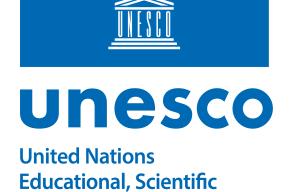
Heritage for Peace
Protecting cultural property, whether during peacetime or during armed conflict, means safeguarding the memories of peoples and societies, creating a shared memory of the world for generations to come.
Delivering in Times of Crisis
On the road to Paris 2024
Explore the dynamic intersection of culture, education, and sports at UNESCO's upcoming events related to the Olympic Games. These gatherings spotlight the powerful role of sports in fostering global peace and development. Engage with international experts, athletes, and policymakers in discussions and initiatives that celebrate and advance the Olympic spirit and values.

Impact Stories
Building a Stronger Multilateralism
UNESCO stands on the frontline of international cooperation, in close coordination with sister agencies of the UN System, and as a privileged partner of the Group of 20 (G20). UNESCO shares knowledge, data and expertise to strengthen global coordination in the field of education, the sciences, culture, communication and information, supporting all Member States in the face of current global challenges.

Story of the Month
With Paris 2024 almost 100 days away, discover the story of Risper Biyaki, who has asserted herself as a woman of color in the sporting world despite discrimination.
Our Mission
Our Vision
Since wars begin in the minds of men and women, it is in the minds of men and women that peace must be built. UNESCO uses education, science, culture, communication and information to foster mutual understanding and respect for our planet. We work to strengthen the intellectual and moral solidarity of humankind and bring out the best in our shared humanity.


News



















